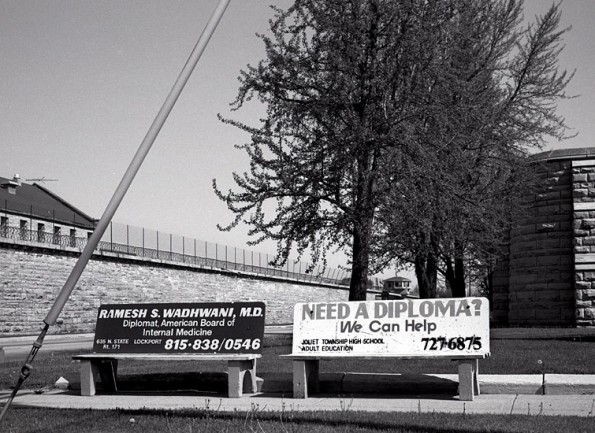A Permanent Underclass? People with Criminal Records
Michelle Alexander’s recent book The New Jim Crow: Mass Incarceration in the Age of Colorblindness has attracted a lot of attention both negative and positive in the past few months. In her book, Alexander argues that mass incarceration is the civil rights struggle of the 21st century. She also makes the case that a new racial caste system has been created through mass incarceration.
I want to talk about the caste system that exists for former prisoners who are saddled with criminal records. Devah Prager’s book Marked: Race, Crime and Finding Work in an Era of Mass Incarceration is a must-read for anybody who is interested in this issue. Prager’s sociological study of ex-offenders suggests that their chances of being gainfully employed are truly bleak and that this poses both a moral and social challenge. It is the only book that I have read that squarely addresses these issues and does so in an accessible way.
This post was prompted by article from the AP that I read yesterday. From the article:
With millions of adults having criminal records — anything from underage drinking to homicide — a growing number of job seekers are having a rough time finding work. And more companies are trying to screen out people with bankruptcies, court judgments or other credit problems just as those numbers have swollen during the recession.
Just ask Adrienne Hudson, a single mother who says she was fired from her new job as a bus driver at First Transit in Oakland, Calif., when the company found out she had been convicted seven years earlier for welfare fraud.
This is a truly calamitous situation where employers continue to have the upper hand to depress wages and create larger social problems. Our capitalist system depends on having a permanent imbalance between supply and demand. Employers are socially engineering the labor pool so that they can pay the most people the least amount of money.
It seems that the Federal Government through the Equal Employment Opportunity Commission has taken note of this practice and is prepared to act:
Companies using criminal records or bad credit reports to screen out job applicants might run afoul of anti-discrimination laws as the government steps up scrutiny of hiring policies that can hurt blacks and Hispanics.
A blanket refusal to hire workers based on criminal records or credit problems can be illegal if it has a disparate impact on racial minorities, according to the Equal Employment Opportunity Commission. The agency enforces the nation’s employment discrimination laws.
“Our sense is that the problem is snowballing because of the technology allowing these checks to be done with a fair amount of ease,” said Carol Miaskoff, assistant legal counsel at the EEOC.
The following photograph by Herman Krieger really speaks to me and relates to the situation that exists for marginalized people in this country. We are offering specific groups in society a terrible education, no access to health care, and free room and board in our penal institutions. Then when they get out of prison, we ensure that they are unable to successfully reintegrate into society so that they are basically forced to return to prison. This is just immoral.

